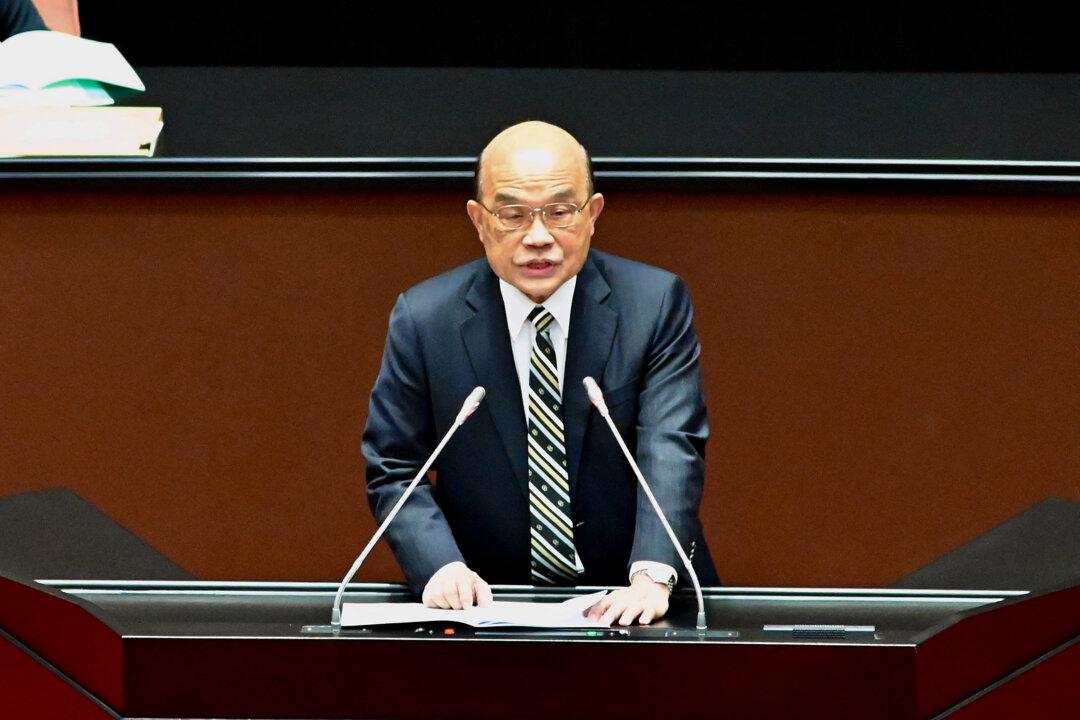Taiwan may file a complaint with the World Trade Organization (WTO) in response to China’s recent import bans on Taiwanese food and beverage products, which violate international trade rules, its premier said Saturday.
The Chinese Communist Party (CCP) regime has banned imports of Taiwanese alcoholic beverages and certain fishery products, citing a failure to comply with its exporter registration regulation, Taipei Times reported.





